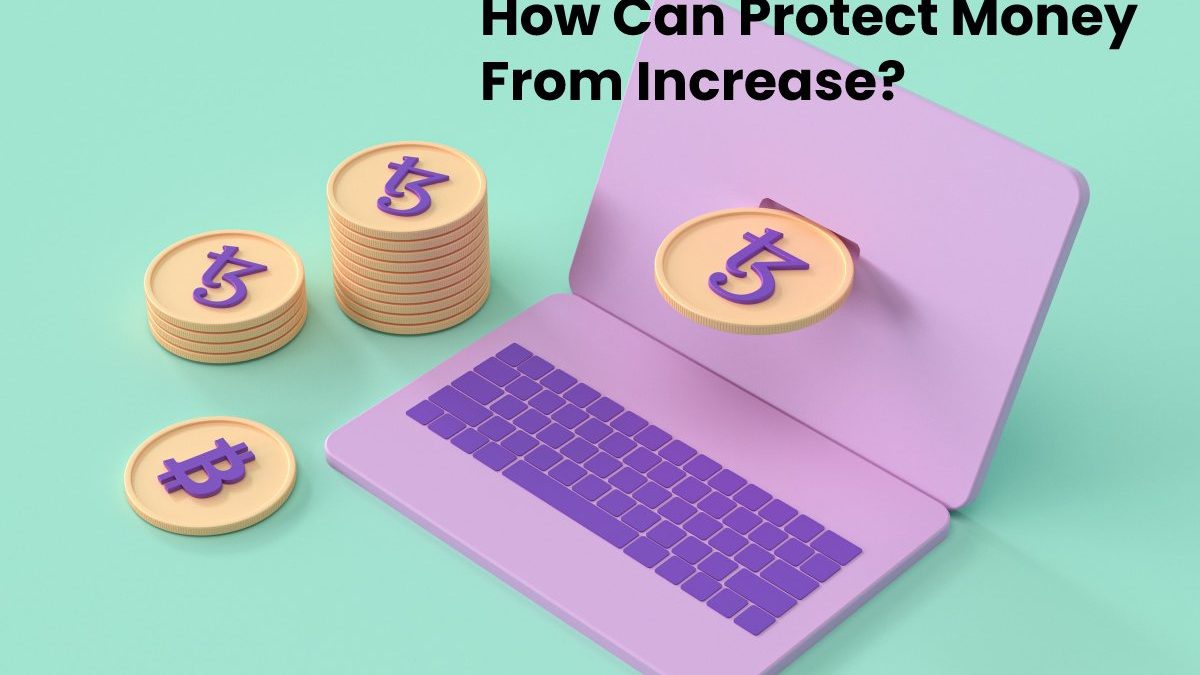Money From Increase For months now, inflation has grabbed many headlines in the media. But the truth is that it is always a recurring theme when we talk about economics. And it is normal for it to be so because it directly impacts our daily lives.
Table of Contents
How Does Inflation Affect Us?
We must first clarify that when we talk about inflation, we are not referring to any price increase in a product. As in any market is supply and demand, the price of a product can go up or down. But inflation is not that, but a more complex monetary phenomenon.
Inflation is the trend that an economy presents when, in general, all prices rise. To put it in some way, it is a kind of upward inertia that seems to infect all economic sectors.
To Understand The Problem, This Poses For Our Savings, Let’s See A Simple Example.
Let’s imagine that we want to buy a car that costs $12,000, and to do so. We decide to save $500 a month for two years. Under these conditions, we will already have saved 6,000, 50% of the car after a year.
Suppose that there was 10% inflation in the first year, and the price of the car has risen to 13,200. We still have our 6,000 saved in the bank, but now it is no longer equal to 50% of the vehicle, but 45%. Our money has just relative to the car.
Now, maintaining a monthly savings of 500, to cover the remaining 65%, will no longer be enough to save 12 more months as we had initially planned, but 15. Another option would be to save more every month, perhaps by cutting expenses on other things or working more to increase our income. In any case, we will have to make a tremendous effort.
If We Also Count The Long-Term Effects.
The picture is even worse. In Argentina, for a movie ticket that in 2001 for 5 pesos, in 2021. In other words, an Argentine who had 800 pesos in the bank in 2001 knew that his savings allowed him to go 160 times to the movies. Twenty years later, that same money was only worth one ticket.
That means that when there is inflation, the value of our savings further back in time. It is as if the fruit of our effort, year after year, was disappearing.
The good news is that there are ways to protect our money from inflation so that over the years, the rise in prices is as little notice as possible. Let’s see some of them!
Investment For Beginners: A Fixed-Term Deposit
One of the simplest options is to leave our money in a fixed-term deposit. In this way, we should not overthink, and we have the peace of mind that, in many countries in the world, the Central Bank guarantees the warranty. We can say that, in general, it is a good alternative so that our savings generate interest every year and thus we can increase our capital.
However, there are two aspects that we have to consider. The first may be very obvious, but we cannot ignore it for that reason: reinvest interest. That means that if we deposit 1,000 dollars at 10% interest, the first year the bank will pay us 100, but if we leave that money in the account, in the second year, we will already have 1,100 accumulated, and the bank will have to pay us 110, and so on.
On the contrary, if we take the interest out of the account and spend it, our capital will not grow. We will continue to have the same amount in the deposit each year, but that money will be worthless and less with inflation. For this reason, we must understand the importance of capitalizing on inflation, that is, of ensuring that our savings continue to grow.
The reason is that our savings must grow at a higher rate than the devaluation of money caused by inflation. Returning to the previous example, if the interest rate is 10% and inflation this year is 7%, we will have appreciated our savings by 3%. Now, if inflation ends up being 12%, then the value of our money will have fallen by 2%.
Remember that it is not enough for the interest rate to be equal to inflation either because, in most countries, interest on deposits is subject to tax. Therefore, the interest rate must be somewhat higher than inflation to offset the effect of taxation.
Second Option: Invest In Real Estate
A prevalent option in some countries is to invest part of the savings in real estate, including real estate such as houses, apartments, commercial premises, parking spaces, or even unbuilt land. Once acquired, these assets can be profitable by reselling them after a few years (sometimes after renovations) or renting them out.
The Great Advantage Of Investing In Real Estate
Is that its market price usually correlates with general consumer price indices. In other words. When there is inflation, the cost of land tends to rise as well, and also at a relatively similar rate.
In this way, we ensure that our assets are invested in assets that do not constantly lose value. However, when calculating the return on investment. We must also consider maintenance costs, such as taxes, repairs, etc.
Assets of this type also present another problem since they are illiquid assets. If we have an economic need and transform this investment into money, it will probably take time to sell our property. For this reason, experts usually recommend not investing all of our savings in this type of property.
Also Read: What Is Hypertension: Protein Variation Might Be Traditional Important


